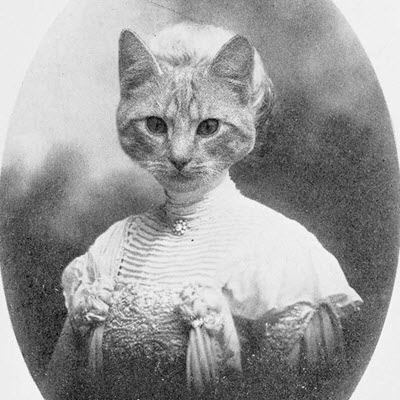by Laura Ferguson
The story takes place in the house containing three women: a grandmother, mother and daughter. Each has grown up with different stages of feminism and, therefore, have different opinions of what the word means. As the characters enter all allow us this glimpse into their fictional lives, I was struck by how real it seemed.
The daughter, Emma (played by Celia MacDonald), is at the awkward teenage stage. She wants her mother’s approval and support while simultaneously rejecting everything that her mother offers. MacDonald’s performance brilliantly walks the line of misunderstood, angsty teenager without coming off as whiny or aggravating. She carries her emotions close to the surface, turning from sulky to apologetic, her voice full of conviction to wounded doubt. Her natural warmth emanating into me so I empathise emphatically with her.
Emma explores her budding sexuality, growing into her individuality and becoming independent. Dipping into the pool of baby feminism, not quite realizing the irony of raising funds for her Feminist Club by having a bake sale.
Her mother, Katie, has a different set of feminist concerns. She wants to have it all: the family and the career, while feeling judged on all sides for her choices. Yet, as a politician, she is constantly struggling to find her voice in a sea of everyday sexism. I can see her strain, her feeling like she is constantly being torn and having to choose. Domb’s portrayal of Katie’s constant worry and guilt is haunting; I’ve seen that look on my own mother’s face. One of the stand-out moments of the play was the end when Katie challenges herself to fight against the patriarchy in Parliament and turns to her mother, Emma’s grandmother, for support which is willingly given.
The foundation who supports both Katie and Emma while keeping the peace between them is the grandmother, Joan (Jan Bolwell), who has such a genial manner that you instantly like her, even if she can be a little politically incorrect. Emma’s constant exclamations of “You can’t say that!” in response to Joan saying “those people” about a transgender issue. Joan doesn’t mean to be insulting, and the look of guilt that flashes across her face as Emma explains her transgression is endearing. Both mother and granddaughter confide in her, and Joan’s strength keeps them from falling apart. Joan is still learning to change with a fast-paced, social media-centric culture, seeing her view of feminism shift with the decades.
Monologues sprinkled throughout the play examine the internal debates of the characters. They cover harsh topics such as the disillusionment of giving birth, choosing to be content with being unextraordinary, and not being satisfied with political passivity. Each character relates a different scope of what it is to be a feminist; the fact that there are contradictions, overlaps and juxtapositions reinforces that there is no ‘right’ way to be feminist. It is a collective of different people and different experiences who are all doing the best they can within their circumstances.
The writer of the play, Henrietta Bollinger,writes realistically, without heavy drama. 26 Cats is an everyday account of what it is to be a woman and proves that the minutiae of life can also be enthralling. The monologues are beautiful essays on being a woman in all stages of life. However, the dialogue between the characters is where the emotion of the performance strikes me hardest. The abrasive relationship between mother and daughter with all the sighs, huffs and frustrated hand gestures are so realistic it’s like reliving a memory rather than watching a piece of fiction.
MacDonald, Domb and Bolwell all carefully maintaining the quiet power that runs through the script. Their subtle reactions keep Bollinger’s vision of normalcy by keeping their reactions in check without becoming ridiculous. Zoe Higgins detailed direction , full of smooth transitions and revealing mannerisms, enhances the flow of the play. Tony Black’s lighting design makes the changes between dialogue and monologue clear and concise. Black’s unique talent for dimming the lighting in a way that transitioned gracefully and coupled with Higgins’ direction worked fantastically with the changes between the monologues and dialogue.
Caroline Maria Jackson’s set design is homey and cozy. The distinctly feminine design of the wallpaper made me chuckle and caused my friend to comment, “That has to be on purpose, right?” with a cheeky grin.
Katie’s opening monologue concerning the birth of her daughter made me catch me breath, throat heavy and eyes stinging. Having recently welcomed a godson into the world through a long and arduous birth, this speech hit me hard. This kind of emotional connection seemed to happen frequently throughout the show and affected people in different ways. One woman in the bathroom afterwards commented how hard it was since she had just seen her daughter off to Australia and another said it made her want to call her grandmother. 26 Cats Destroy the Patriarchy is heart-breaking and loving, about family routine, the day-to-day and mundane and about the courage to stand up for what you believe in. It’s hard to watch, but I couldn’t look away. It’s entertaining and entirely relatable.
26 Cats Destroy the Patriarchy is playing at BATS theatre from the 19th – 23rd of February at 6:30. See www.bats.co.nz for tickets.






